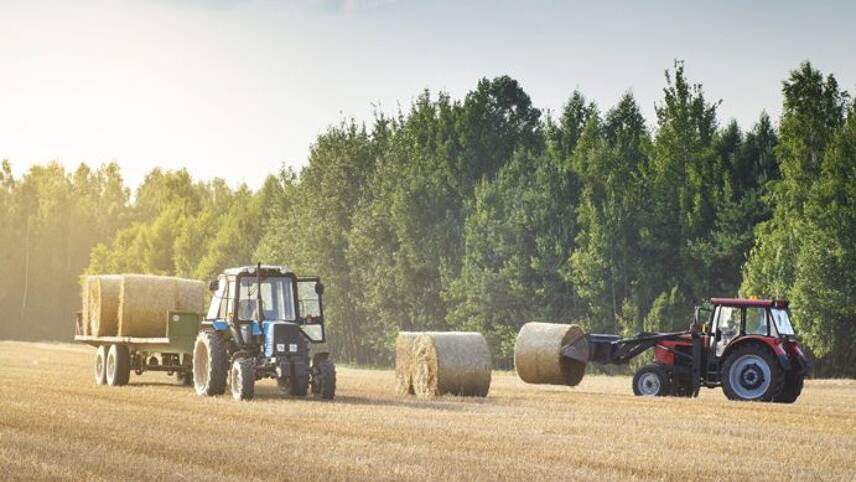Register for free and continue reading
Join our growing army of changemakers and get unlimited access to our premium content

Scotland is targeting net-zero by 2045
That is according to new research from WWF Scotland, commissioned by the Government to assess whether the nation’s agriculture sector could cut emissions by 35% by 2045 – and what this transition would likely cost. 2045 is the date by which Scotland is targeting net-zero, in line with the Committee on Climate Change’s (CCC) recommendations.
WWF Scotland concluded that the sector could go further and, “comfortably” reducing its annual GHG footprint by 38%.
After analysing 37 different measures to reduce emissions, the body identified seven with the biggest potential positive impact:
- Reducing nitrogen in fertiliser use, through efficiency measures and broad uptake of organic manures.
- Encouraging the use of legumes in grassland, further cutting the need for nitrogen-based fertilisers.
- Introducing rotational grazing techniques to boost the carbon sequestering properties of soil.
- Changing feed additives to reduce methane emissions.
- Improving animal health and breeding.
- Investing in trees on farms, also known as agro-forestry.
- Switching to organic farming.
If implemented broadly, WWF Scotland believes these measures alone could cut sector emissions by 2.9 megatonnes of CO2e annually by 2045. Further cuts could be delivered, the report noted, by investments in food waste prevention and more holistic long-term plans for land use.
While some businesses are already investing in low-carbon measures, WWF Scotland does not believe policy interventions are currently sufficient to help businesses of all sizes reduce emissions in a rapid and sustainable manner, while maintaining profitability.
As such, it is calling on the Scottish Government to use its forthcoming Budget and Climate Plan review to implement “mechanisms for climate-friendly farming”, and to ensure that the final version of its Agriculture Bill – which is currently before Parliament – is truly world-leading. This call to action is being backed by academics at the University of Edinburgh and members of the National Farmers Union (NFU) Scotland.
“Any policy introduced to tackle climate change must consider the long-term sustainability of farming and food production in Scotland,” NFU Scotland’s climate change policy manager Ruth Taylor said.
“Measures to reduce emissions should provide practical measures that contribute to climate change challenges while maintaining production and driving forward the performance of agricultural businesses. Reducing emissions from agriculture in Scotland should not come at the expense of exporting our emissions or displacing production.
“The introduction of a suite of measures to mitigate climate change will be important – it is clear that there will be no ‘one size fits all’ solution to reducing emissions from agriculture.”
The UK Government last month announced a new £15m funding pot for businesses pioneering food production methods which are low-emission and resource-efficient. Managed by Innovate UK, the fund will back projects supporting net-zero food production by 2040 and is open for applications until 26 February.
A crucial year for Scotland
The publication of WWF Scotland’s research comes shortly after the CCC issued its annual progress report to the Scottish Government.
While praising the nation’s past progress in decarbonising more rapidly than the UK as a whole, the report highlighted the need for further short and medium-term measures to meet its new net-zero target.
Agriculture was highlighted by the CCC as an area where “sustained action” on emissions reductions will be required, alongside transport, heat, industry and the built environment.
On a global scale, agriculture is estimated to account for around 11% of emissions – the majority of which are associated with meat and dairy. The IPCC last year warned that an overhaul of land use is required to tackle this challenge.
Scotland is facing specific pressures to tackle the issue domestically at present, with just 11 months left until COP26 in Glasgow. The UN summit is being widely touted as the most important since COP21 in 2015, where the Paris Agreement was ratified. The to-do list for the event only grew last month, after attendees at COP25 failed to reach agreements on topics such as carbon budgets and damage and loss measures for those affected by extreme weather.
Sarah George


Please login or Register to leave a comment.